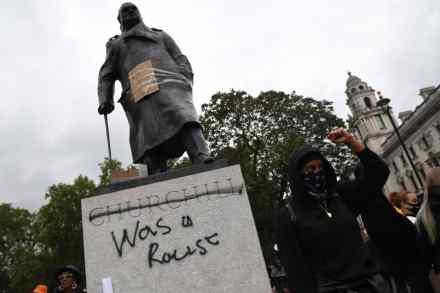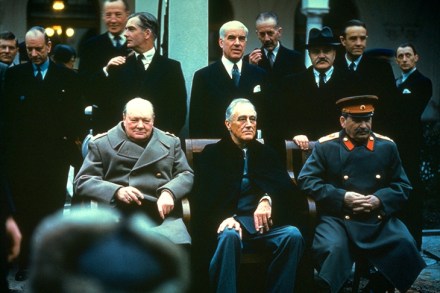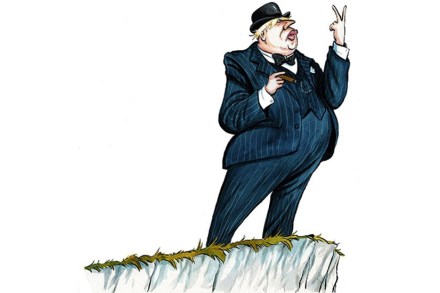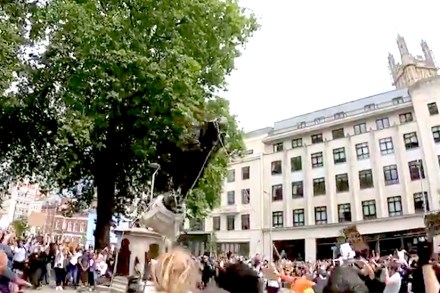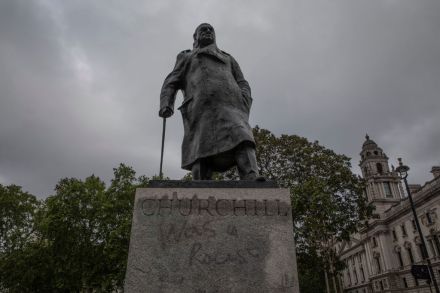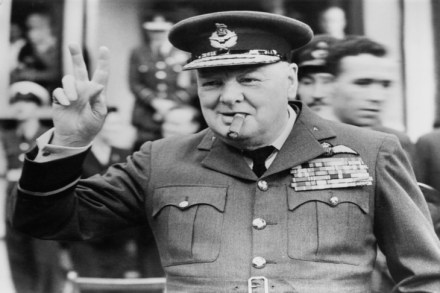Why men of a certain age love to get naked
Something very strange happens to men as they get older: they like to go nude. I don’t mean they become practising nudists who seek out and enjoy the company of others of their kind. But unlike most younger men, they feel no embarrassment or regret at being seen naked. Consider the recent battle between one nude man and his neighbour. Simon Herbert (54) was in his Oxfordshire garden mending a fence when he spotted his next-door neighbour — Air Marshal Andrew Turner (54), the RAF’s second-in-command — strolling naked in the paddock of the cottage Turner shares with his wife. Herbert says that his partner and stepdaughter caught an eyeful



